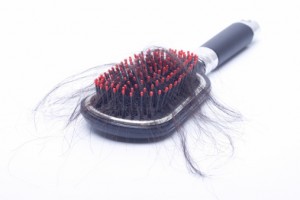Chronic obstructive pulmonary disease (COPD) is a general term that describes progressive respiratory diseases including emphysema and chronic bronchitis. COPD is characterized by decreased airflow over time and increased inflammation of the lungs.
Asthma, on the other hand, is considered a separate respiratory disease, but is occasionally mistaken for COPD because of its similar symptoms.
These symptoms include:
- Chronic coughing
- Wheezing
- Shortness of breath
The majority of COPD sufferers also have asthma, which is considered a risk factor for developing the disease. As you age, the likelihood of this duel-diagnosis increases.
COPD and asthma respond well to treatments such as smoking cessation and airway-opening medications like bronchodilators. At times, inhaled steroids are also needed. However, lung function is only fully reversible in asthma patients. A diagnosis of asthma, along with COPD, often means a significant decline in lung function as the COPD progresses. This progression is true even in patients with mild forms of the disease.
By nature of the similarity of the symptoms of COPD and asthma, many patients can go undiagnosed or misdiagnosed. Early detection of COPD, especially in current or past smokers, is critical to preserving lung function “Undiagnosed or poorly controlled asthma and COPD can lead to a decreased quality of life by limiting a person’s ability to perform everyday activities. Teaching patients to take their medicine as prescribed, to never run out of their medications, and to keep their doctors’ appointments is essential to improving their outcomes.” Dr. Kamica Lewis.
If you think you may have symptoms of asthma or COPD, please contact Jamaica Hospital Medical Center’s Ambulatory Care Center at 718-206-7001 to make an appointment with a doctor for an evaluation.
All content of this newsletter is intended for general information purposes only and is not intended or implied to be a substitute for professional medical advice, diagnosis or treatment. Please consult a medical professional before adopting any of the suggestions on this page. You must never disregard professional medical advice or delay seeking medical treatment based upon any content of this newsletter. PROMPTLY CONSULT YOUR PHYSICIAN OR CALL 911 IF YOU BELIEVE YOU HAVE A MEDICAL EMERGENCY.




